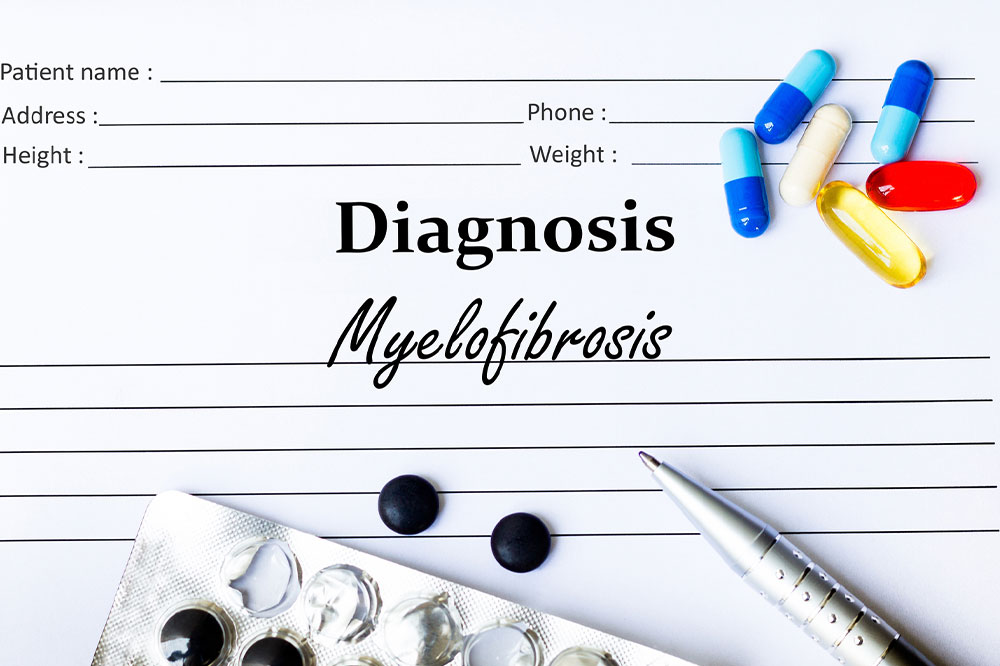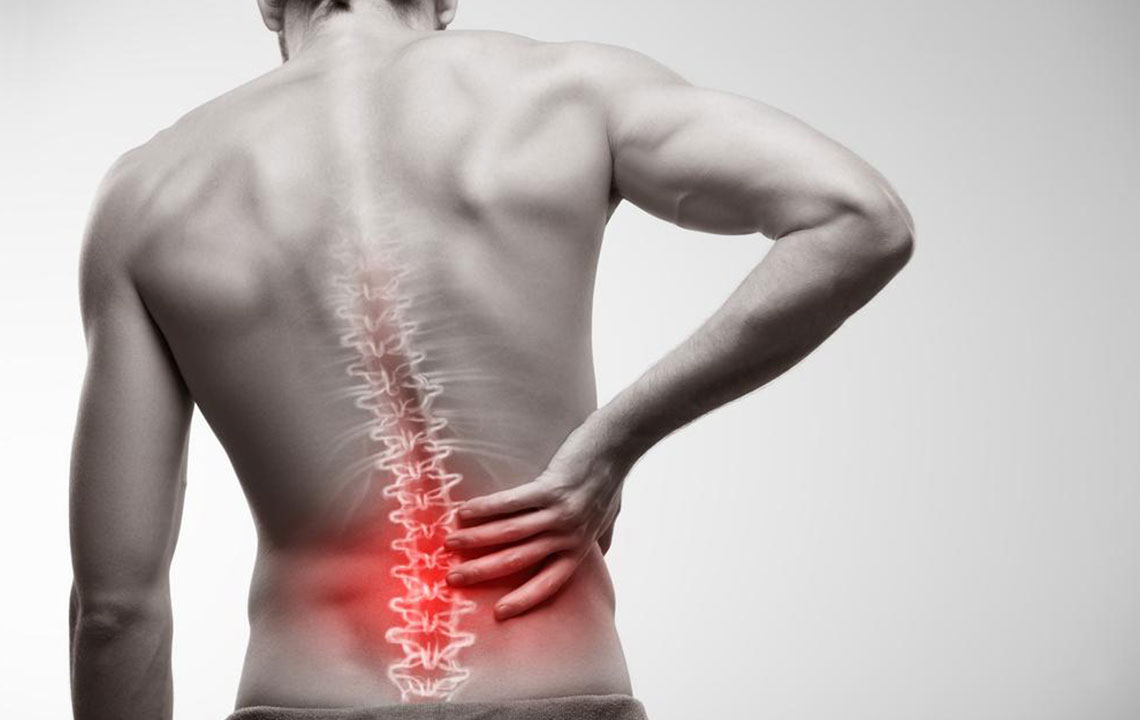Innovative Strategies for Managing Neuromuscular Disorders: A Comprehensive Guide
This comprehensive guide explores effective strategies for managing neuromuscular disorders, emphasizing personalized treatment plans, physical therapy, medication, surgery, and cutting-edge research. Understanding these approaches can help patients improve quality of life and stay informed about future advancements in neurodegenerative disease care.

Holistic Approaches to Treating Neuromuscular Disorders
Neuromuscular disorders are a complex group of medical conditions that affect millions of individuals worldwide. These disorders primarily involve the degeneration or dysfunction of muscles and nerves, which are essential components for voluntary movement, reflexes, and sensation. Understanding these conditions is crucial for effective management and improving the quality of life for affected individuals. This comprehensive guide explores various strategies used in the diagnosis, treatment, and ongoing management of neuromuscular diseases.
Neuromuscular disorders encompass a wide range of conditions, each with unique symptoms and progression patterns. Common symptoms include muscle weakness, pain, cramps, cramps, numbness, tingling sensations, breathing difficulties, muscle atrophy, drooping eyelids, balance issues, paralysis, joint deformities, limb pain, movement impairments, and episodes of lightheadedness. The variability in symptoms often makes diagnosis challenging but essential for tailoring individualized treatment plans.
Among the most prevalent neuromuscular disorders are Amyotrophic Lateral Sclerosis (ALS), a progressive neurodegenerative disease; autonomic dysfunction, affecting involuntary bodily functions; various forms of muscular dystrophies that cause progressive muscle weakness; myasthenia gravis, an autoimmune disorder affecting communication between nerves and muscles; and peripheral neuropathies, which involve damage to peripheral nerves leading to pain, weakness, and numbness.
Over decades, medical science has developed and refined numerous treatment approaches aimed at alleviating symptoms and maintaining mobility. Although some neuromuscular conditions remain incurable, symptom management is pivotal for enhancing life quality. Treatment options are diverse, ranging from simple physical therapies to advanced surgical interventions and cutting-edge research therapies.
One of the primary management strategies includes physical therapy, designed to maintain muscle strength and flexibility, prevent joint contractures, and improve mobility. Physical therapy often integrates exercises tailored to individual capabilities. In addition, occupational therapy assists patients in adapting daily activities to their functional level, minimizing disability and promoting independence.
Medical interventions form a core component of symptomatic management and disease progression control. Pharmacological treatments aim to reduce symptoms such as muscle cramps, stiffness, pain, and fatigue. For autoimmune conditions like myasthenia gravis, medications that modulate immune responses—such as corticosteroids or immunosuppressants—are prescribed. In cases like Guillain-Barre syndrome, treatments include plasma exchange and intravenous immunoglobulin (IVIG) to remove or block harmful antibodies.
Interventional procedures and surgeries have advanced considerably in recent years. Minimally invasive surgeries, such as thymectomy for myasthenia gravis, are increasingly common and have shown promising results. Nerve decompression surgeries aim to relieve nerve entrapment, while other procedures address joint deformities or severe muscle contractures. Nerve stimulation techniques, including transcutaneous electrical nerve stimulation (TENS), help manage pain and improve nerve function in some cases.
Emerging research and clinical trials are essential for discovering novel therapies. Experimental treatments target the molecular and genetic bases of neuromuscular diseases, offering hope for future cures. Gene therapy, stem cell therapy, and targeted pharmacological agents are among the promising frontiers opening new doors to treatment.
Personalized care is crucial in neuromuscular disorder management. Because each patient’s disease course and response to treatment vary, individualized treatment plans are developed through comprehensive assessments, including genetic testing, nerve conduction studies, and imaging. Regular monitoring allows adjustments in therapy, ensuring optimal outcomes.
Supportive care and psychosocial support are integral elements of managing neuromuscular conditions. Multidisciplinary teams—including neurologists, physiotherapists, occupational therapists, psychologists, and social workers—collaborate to provide holistic care. Assistive devices, mobility aids, and home modifications significantly enhance independence and safety.
In summary, managing neuromuscular conditions requires a multifaceted approach, incorporating symptomatic treatment, surgical options, ongoing research, and personalized care. Although many neuromuscular diseases remain complex and challenging, advances in medical science continue to improve patient outcomes and quality of life. Staying abreast of emerging therapies and participating in clinical trials may offer additional benefits, providing hope for individuals affected by these debilitating disorders.





